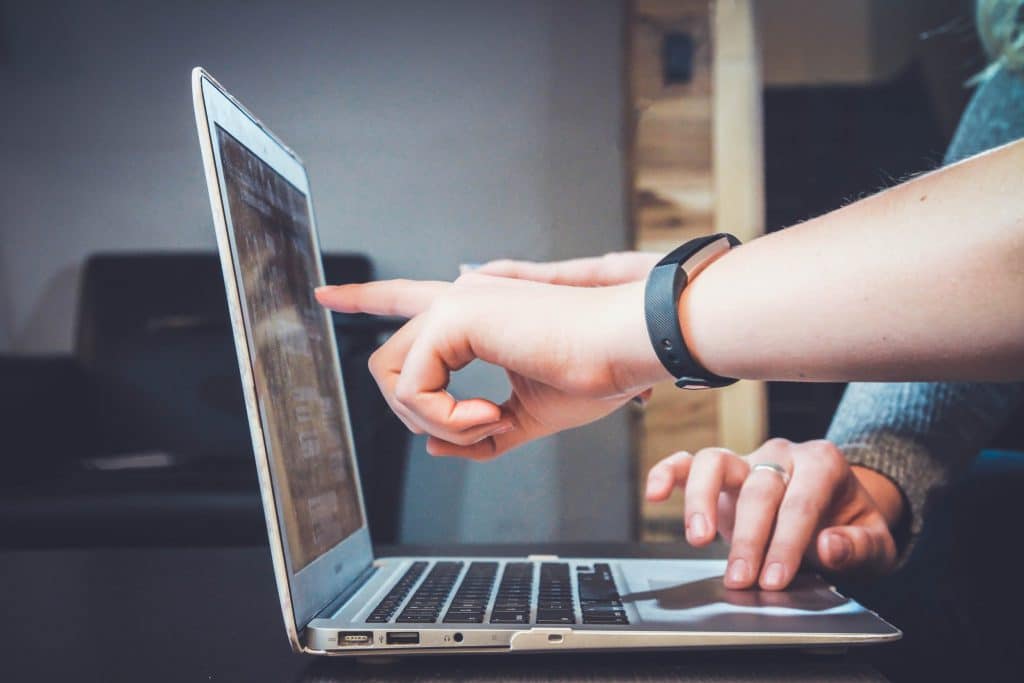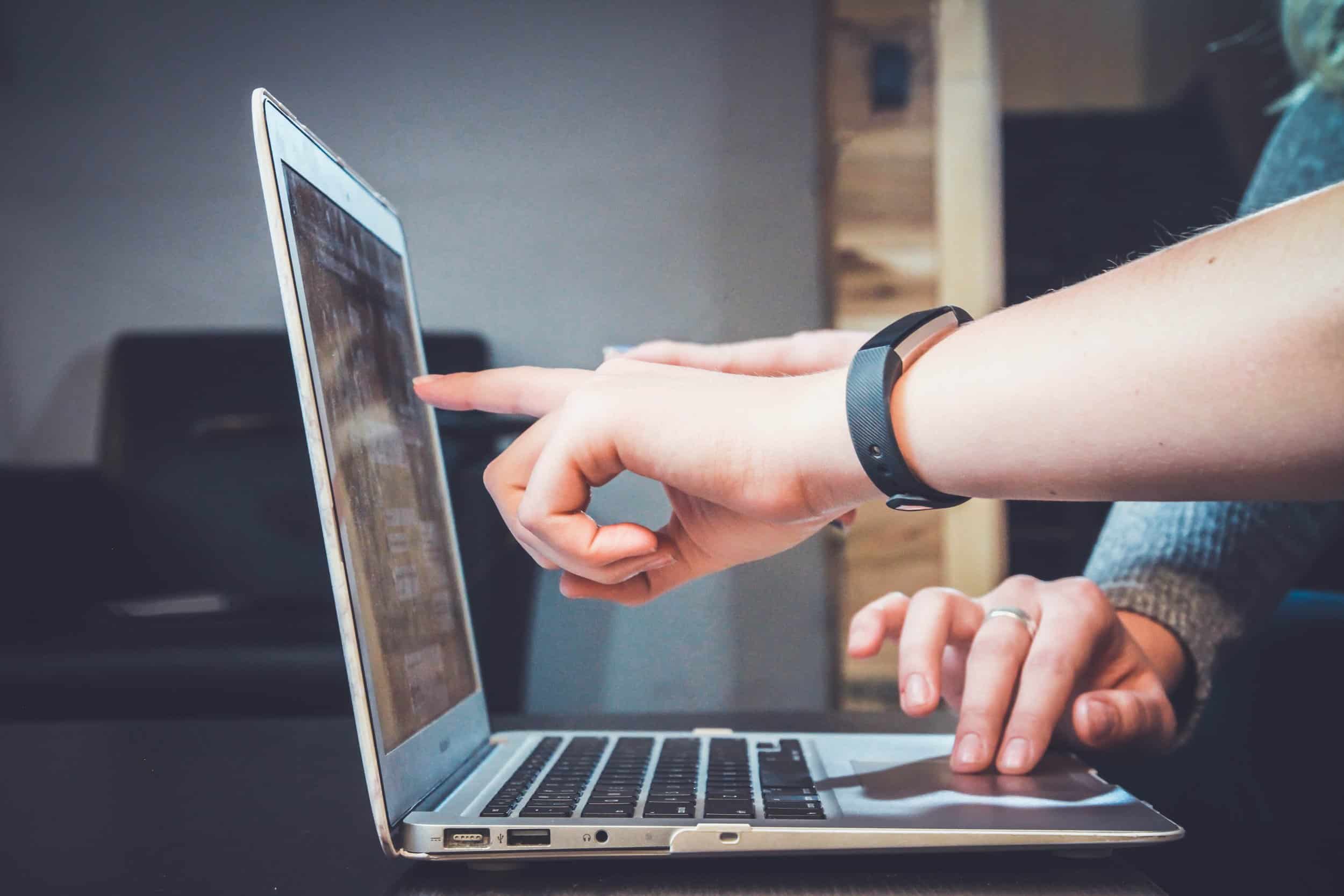
Dangers of social media following the New Zealand mass shooting
Taylor Deaton, News/Opinion Editor
Photo by John Schnobrich on Unsplash.
On Friday, March 15, 50 people were killed and 50 were injured in a mass shooting in Christchurch, New Zealand. The shootings occurred at Al Noor Mosque and Linwood Mosque in Christchurch while Friday worship services were taking place.
In the week since, police have taken the suspect, 28-year-old Brenton Tarrant, into custody and he has been charged with murder in connection with the mass shooting.
The nation of New Zealand and the rest of the globe is in shock by the alarmingly public tragedy. Tarrant filmed the entirety of the massacre on a GoPro camera strapped to his head, and streamed it live on Facebook. The video remained on Facebook for an hour and wasn�t even reported until 12 minutes after it had ended.
In a tweet published by the New Zealand Police Department, they wrote: �police are aware there is extremely distressing footage relating to the incident in Christchurch circulating online. We would strongly urge that the link not be shared. We are working to have any footage removed.�
In the days following, Twitter, Facebook, and YouTube have worked to remove the graphic footage that is making its way across the Internet, but the video has been reposted millions of time since.
This isn�t the first time a murder has been filmed and published onto social media. In 2017, a 74-year-old man was shot and killed in Cleveland, Ohio, and a video of the murder was posted onto Facebook. It wasn�t taken down until two hours after being published.
In the two hours the video showing the murder of a man in Ohio was up, it was downloaded and re-uploaded onto various websites. In the hour that the video of the mass shootings in New Zealand remained on Facebook, it was downloaded and re-uploaded onto various websites.
In a statement posted by Facebook on March 20, they explained the reasons why the video was unable to be taken down sooner than it was.
Facebook also stated that �since the attack, we have been working directly with the New Zealand Police to respond to the attack and support their investigation.�
In a statement by YouTube, a spokesperson stated, �Shocking, violent and graphic content has no place on our platforms, and is removed as soon as we become aware of it. As with any major tragedy, we will work cooperatively with the authorities.�
On March 23 New Zealand�s government banned a manifesto written by the suspect of the mosque shootings. In a statement issued by Chief Censor David Shanks, the manifesto has been deemed �objectionable.�
In addition, Shanks stated that �we have dealt with terrorist promotional material before which was deliberately designed to inspire, encourage and instruct other like-minded individuals to carry out further attacks.�
In addition, any video footage of the attacks has been banned in New Zealand. It is illegal to own a copy of the video and to share it with others. In addition, �NZ enforcement agencies are encouraging people to report any social media posts, links or websites so that this material can be taken down.�

